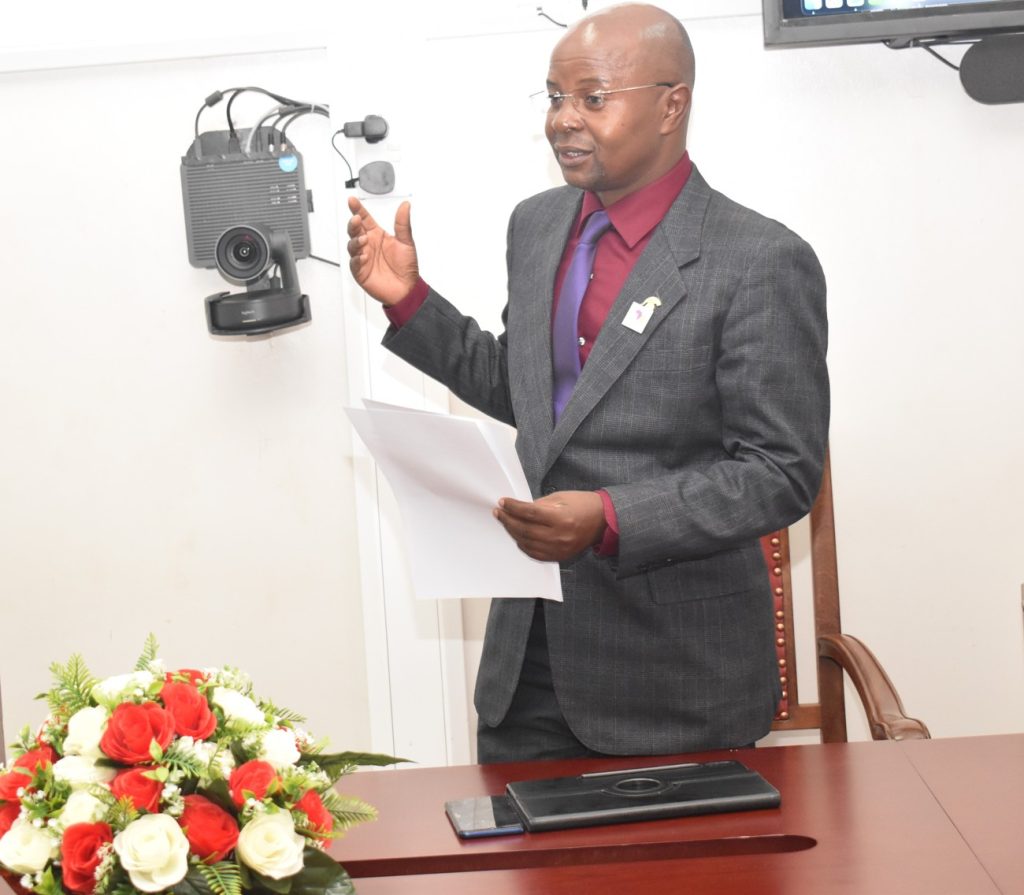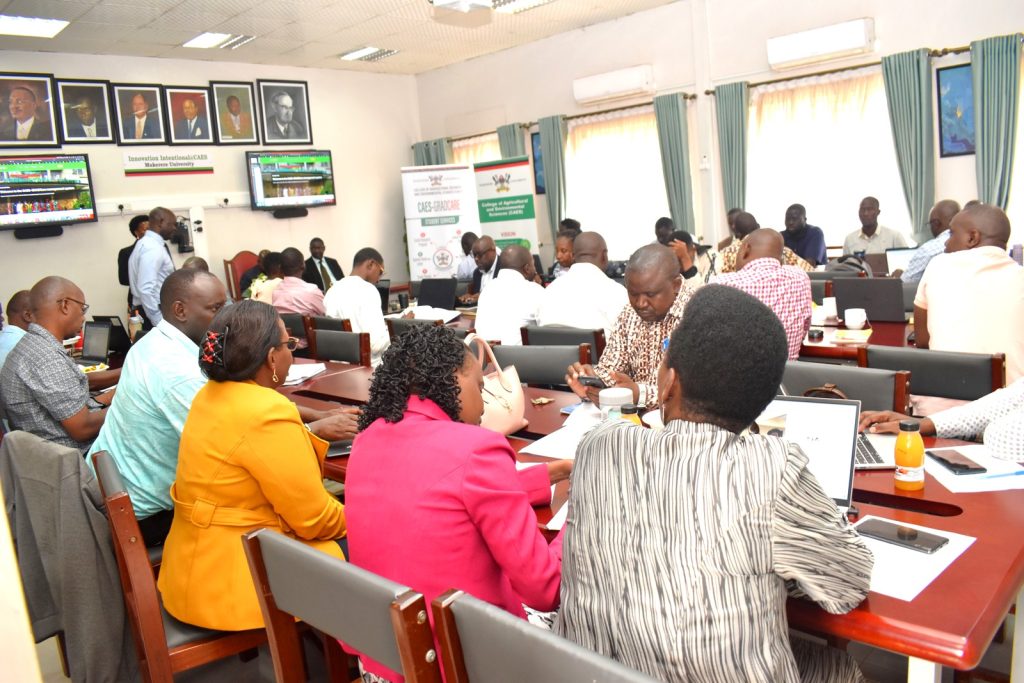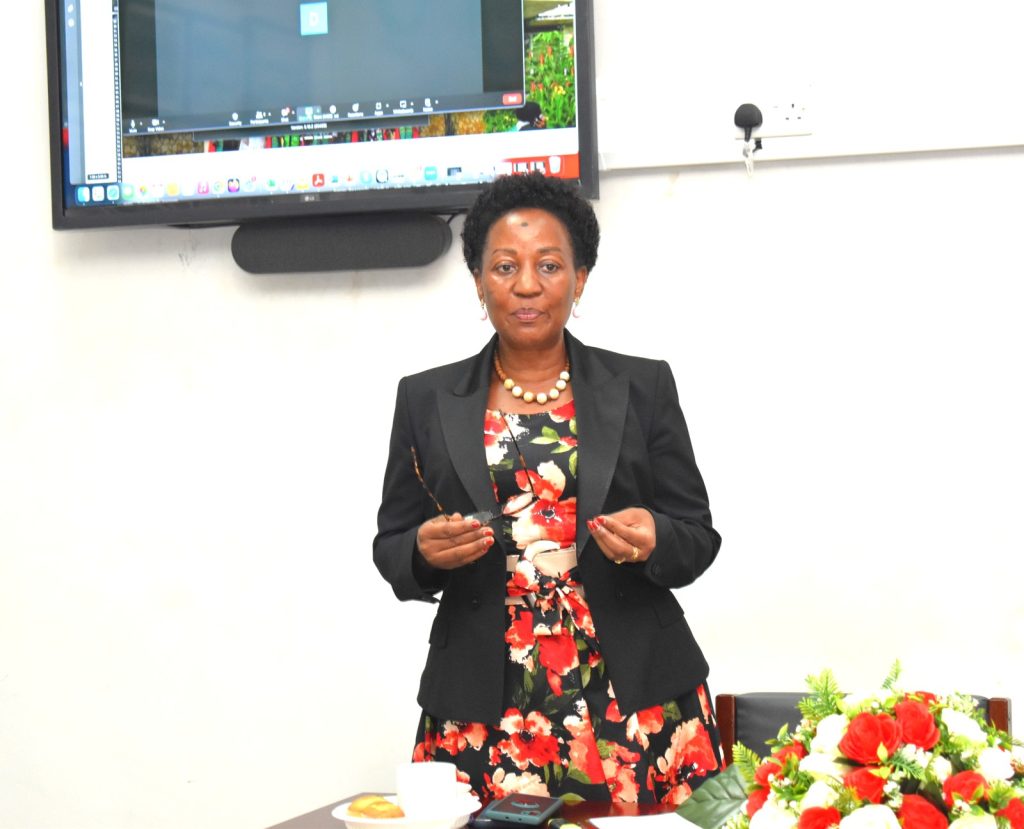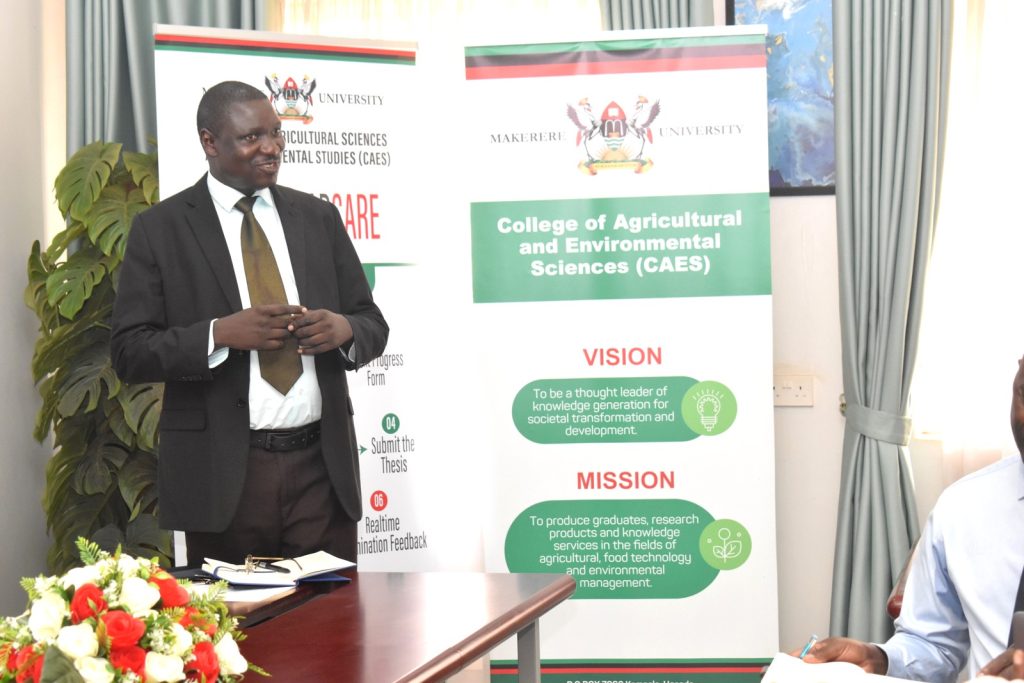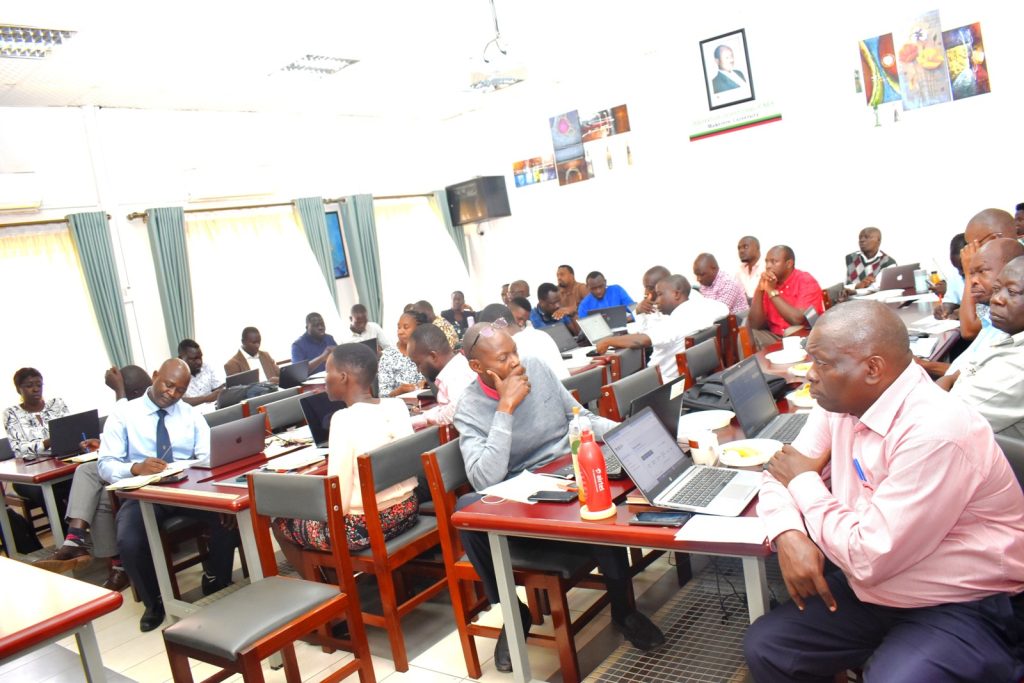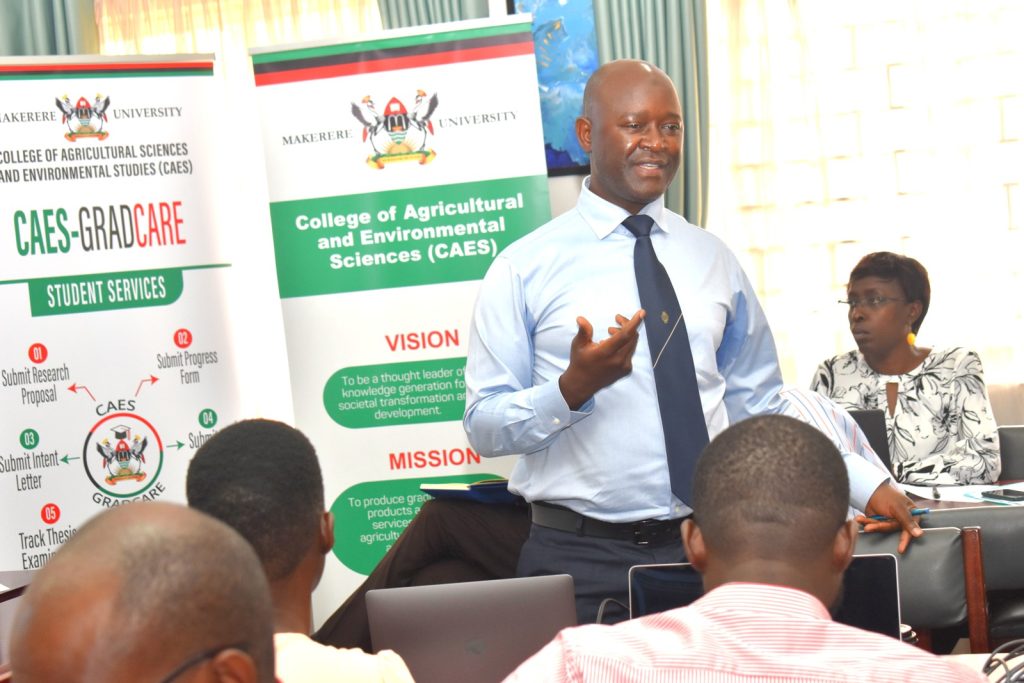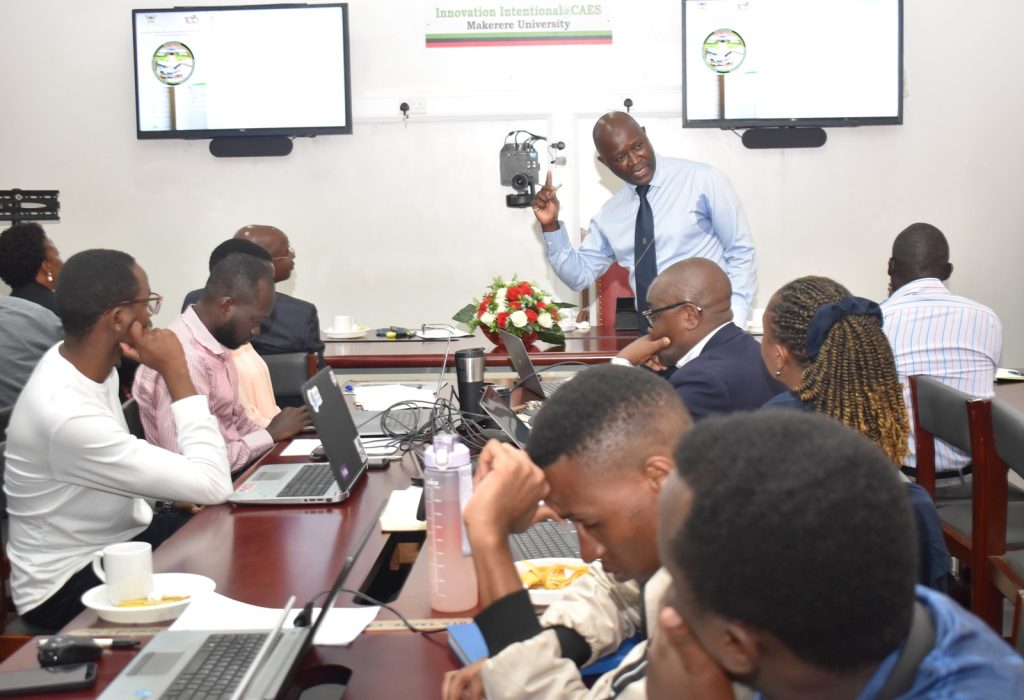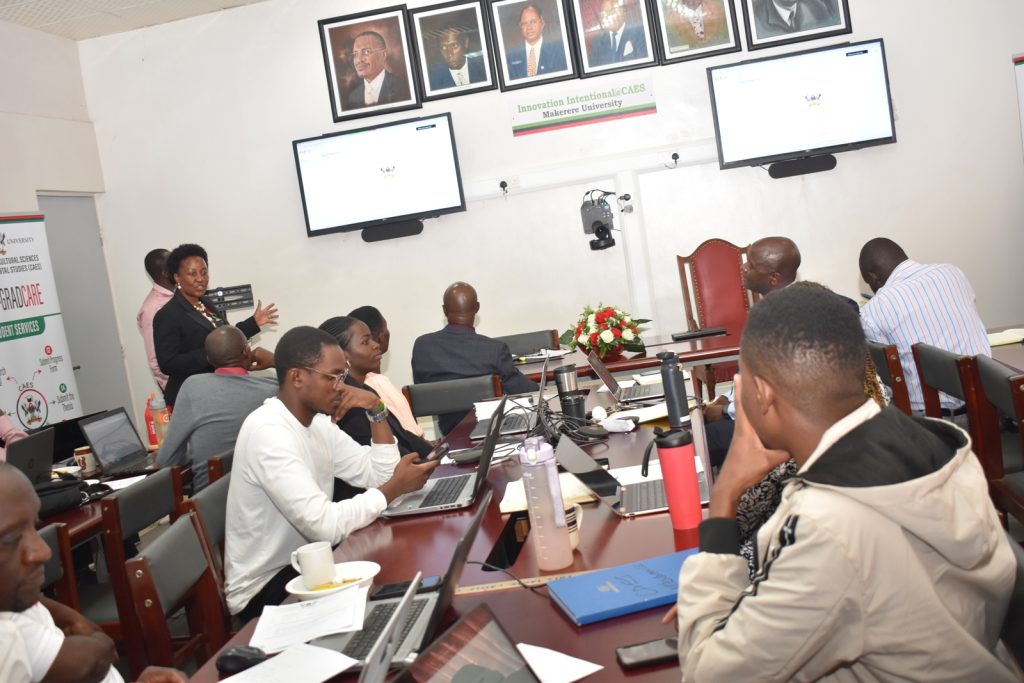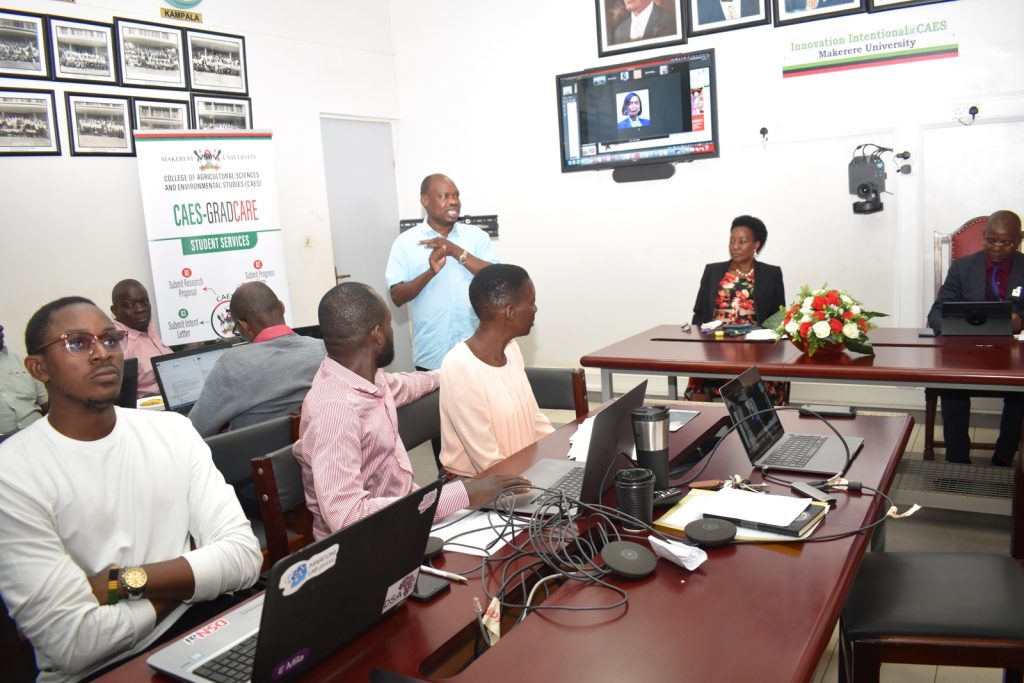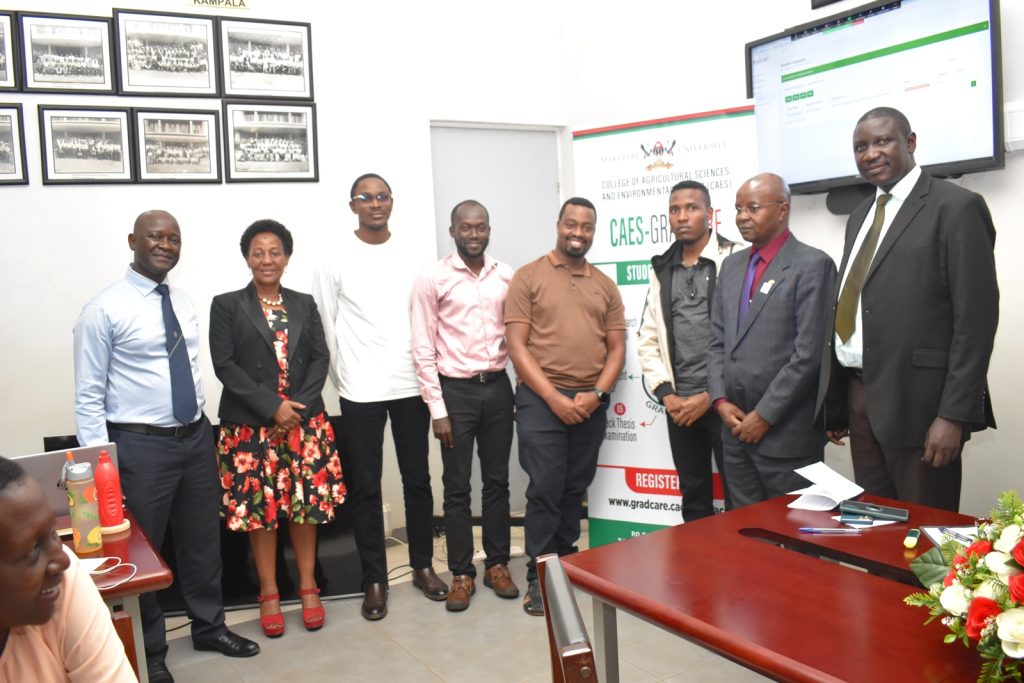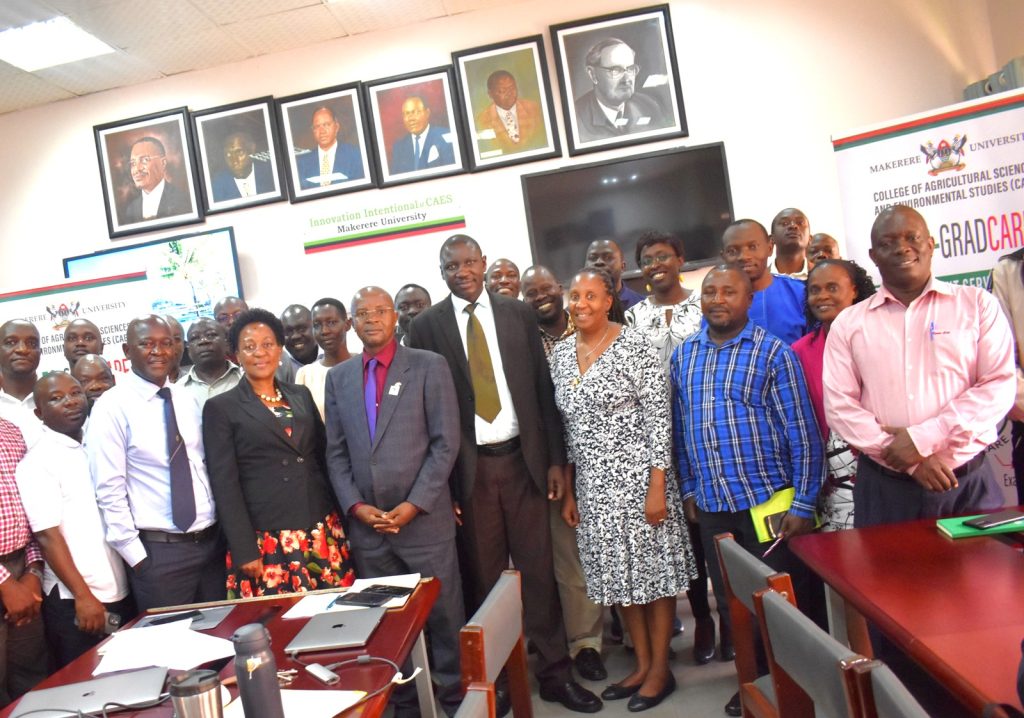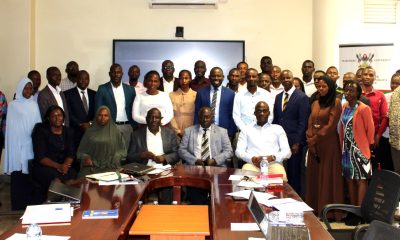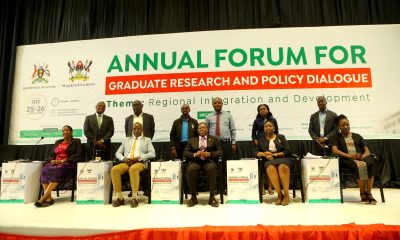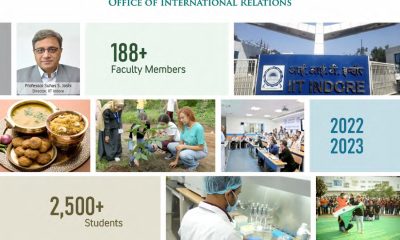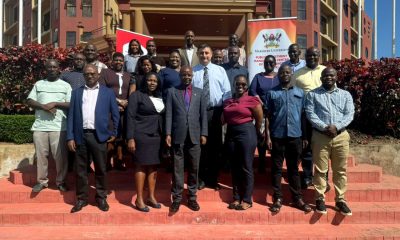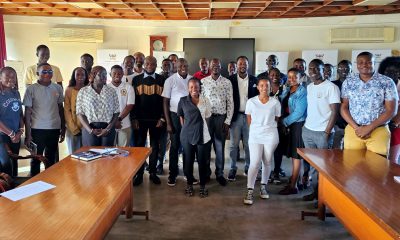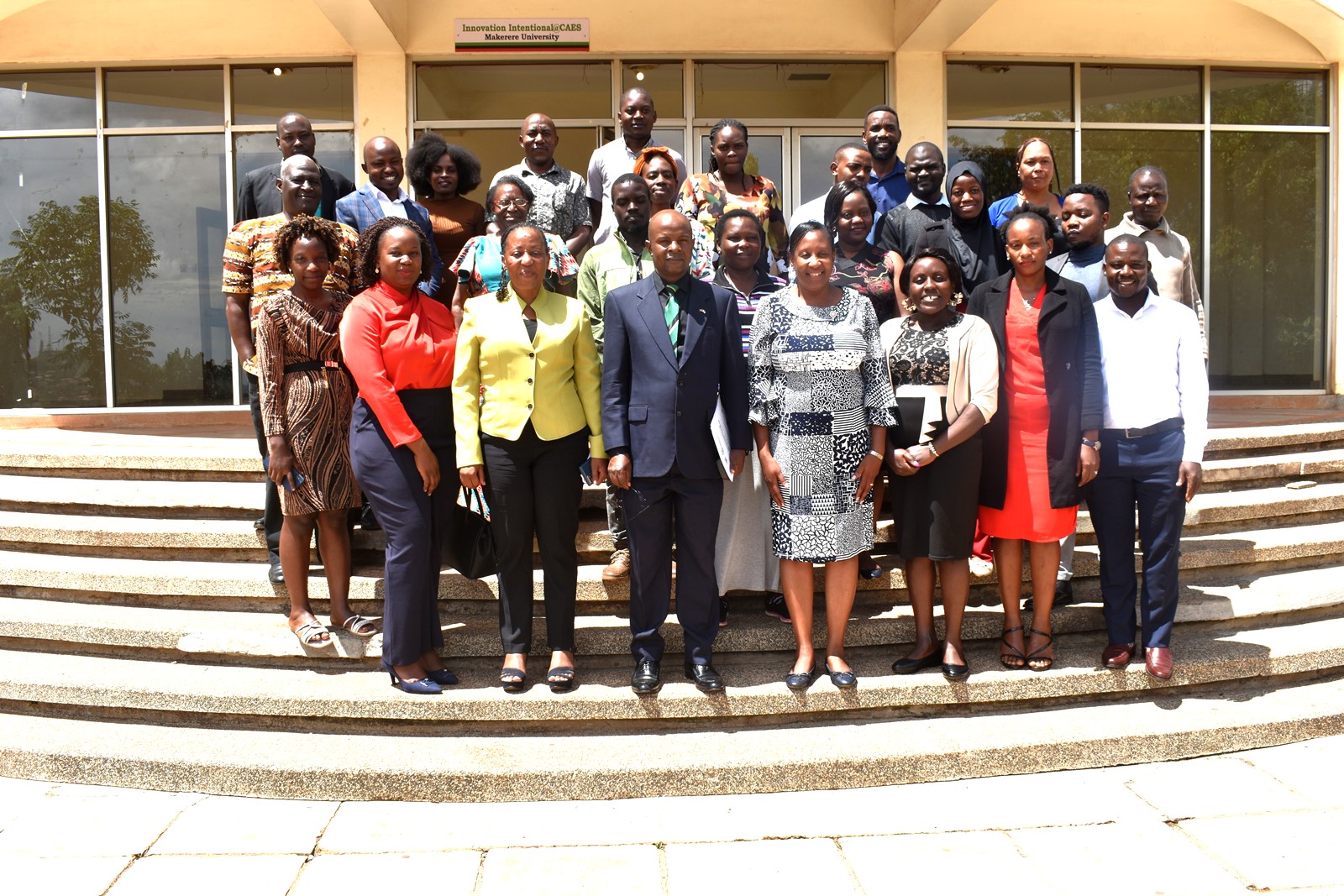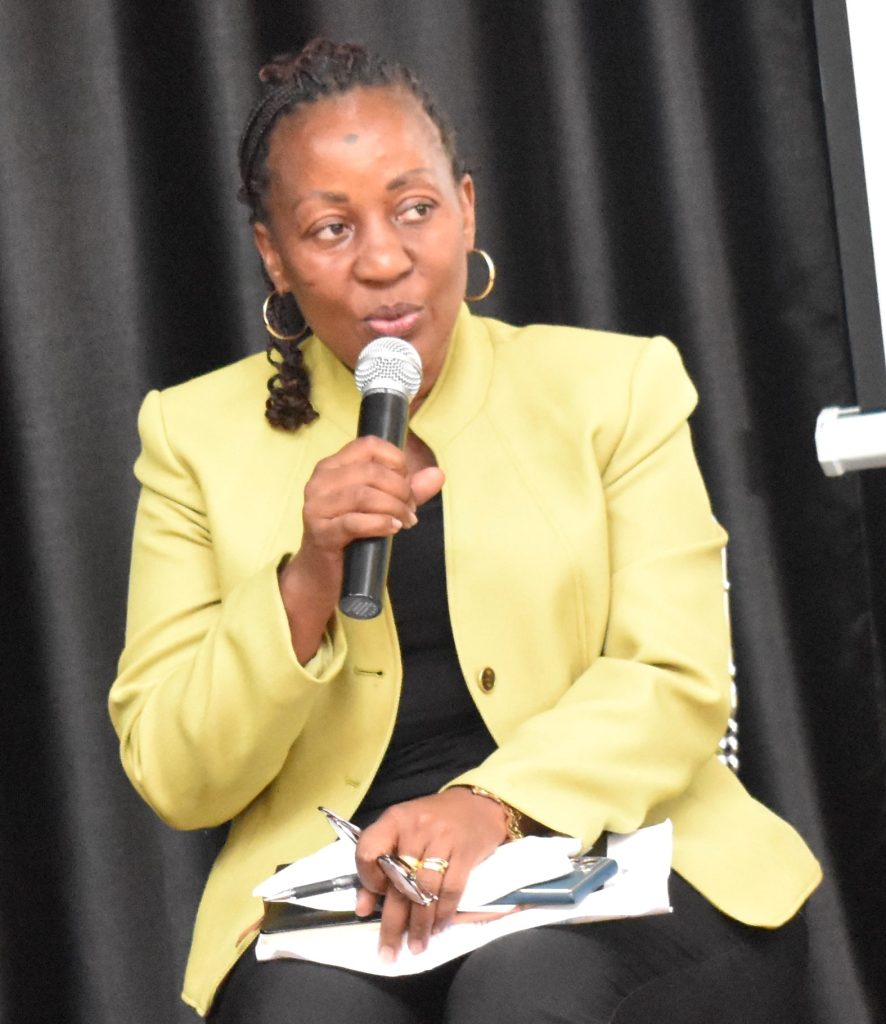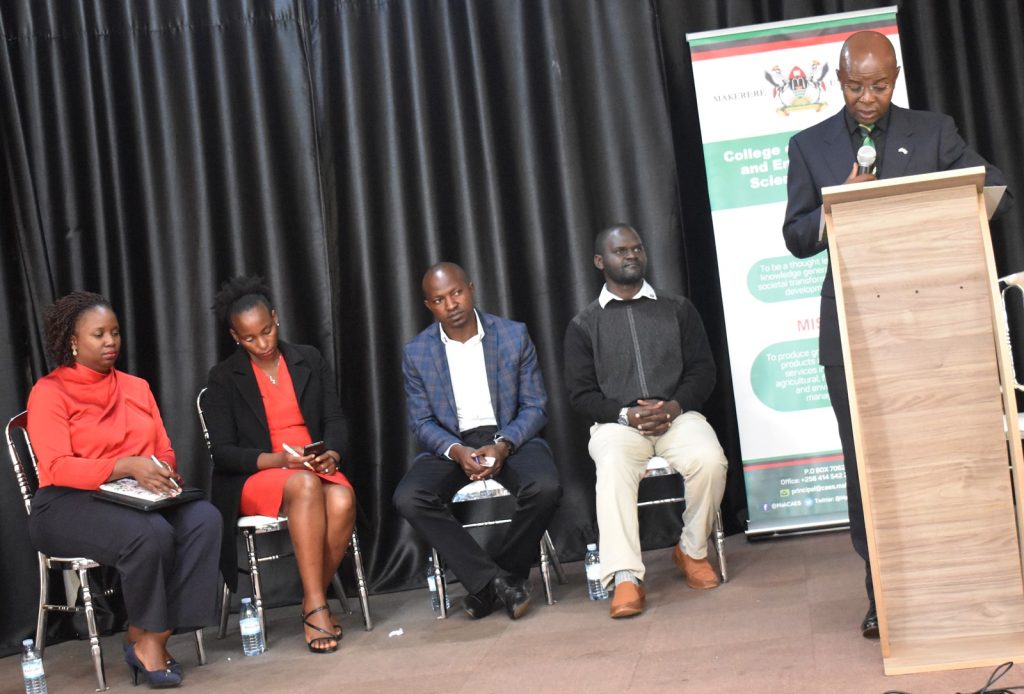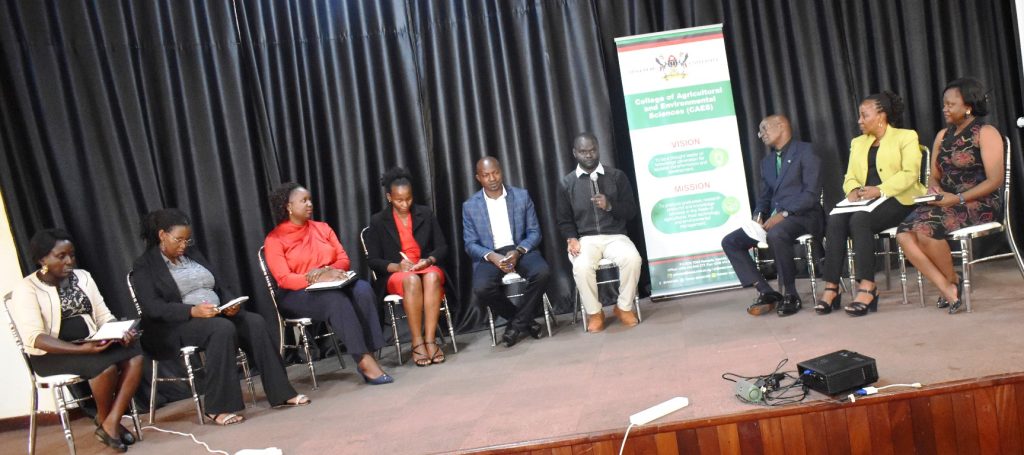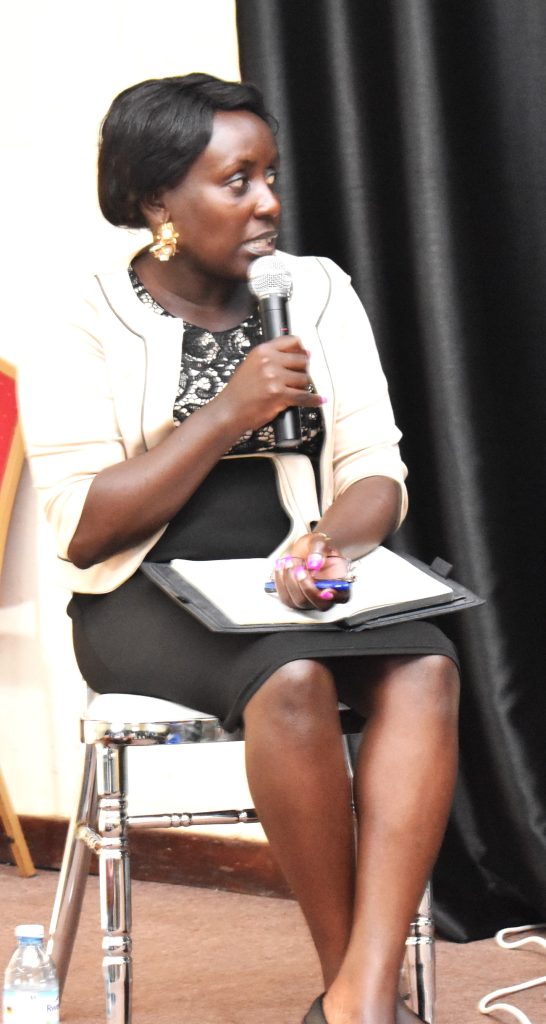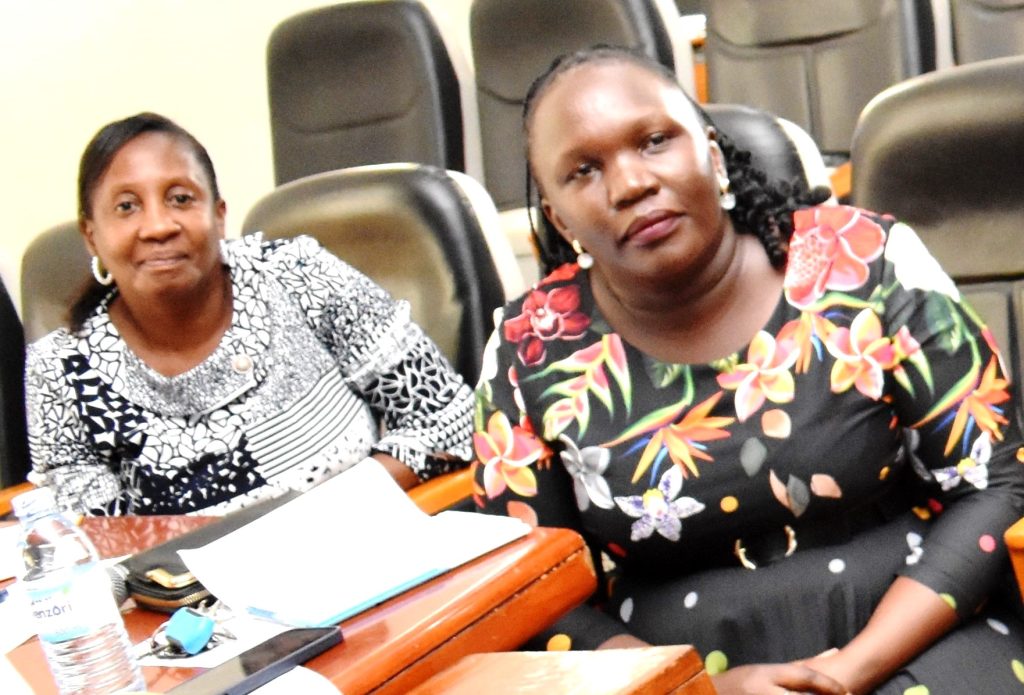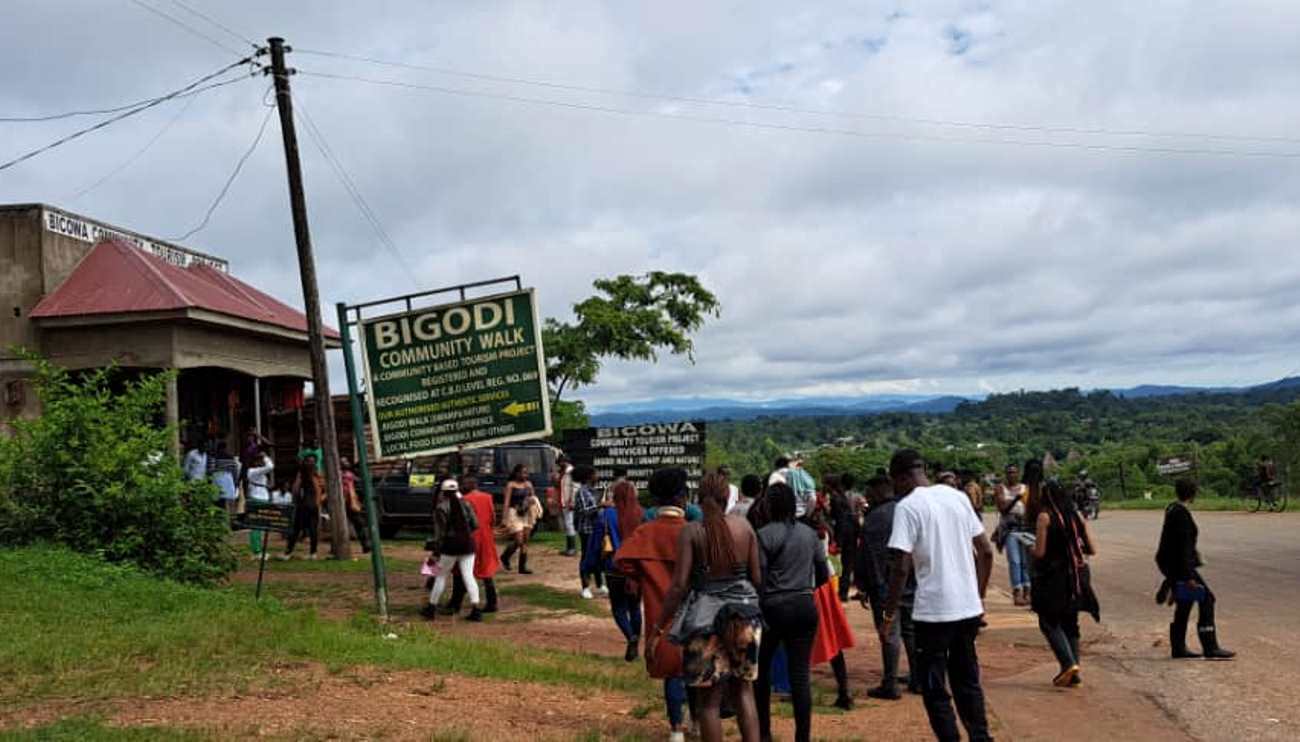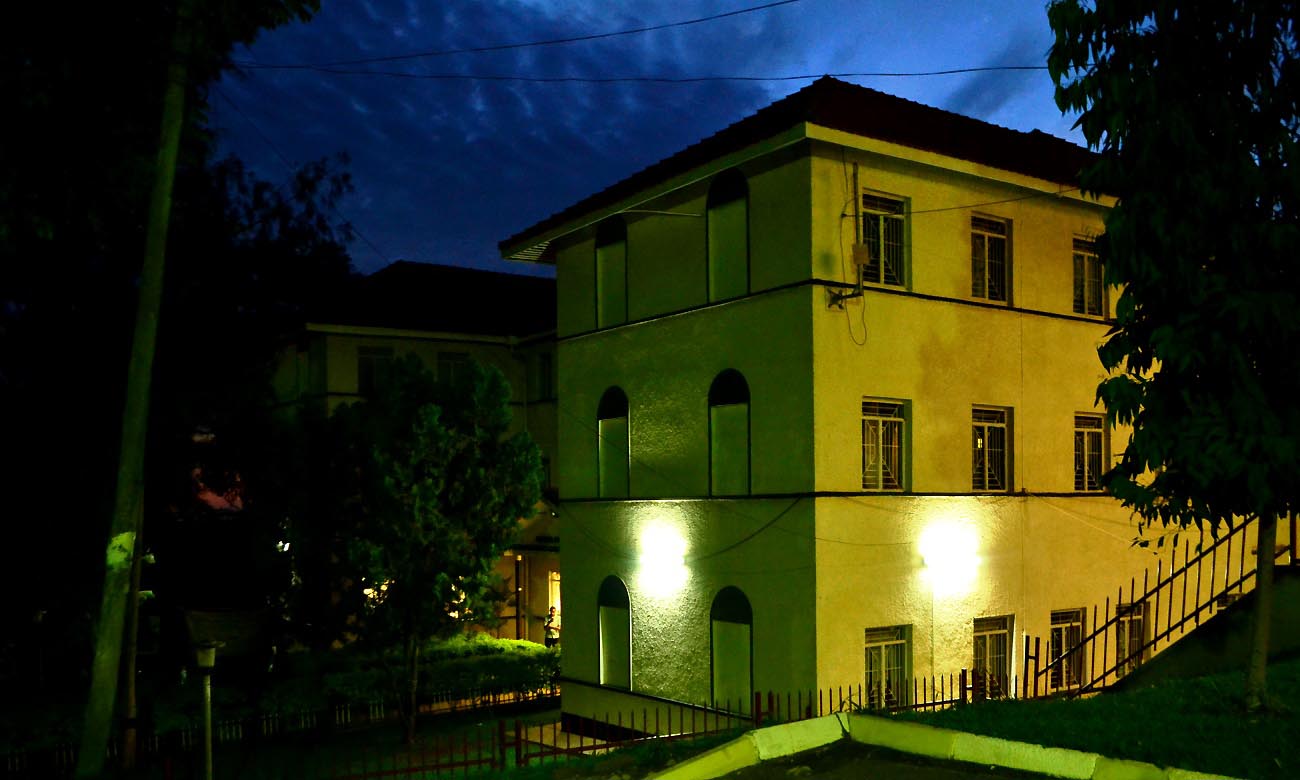Makerere University, through the Department of Environmental Management, and the Department of Geography, Geoinformatics and Climatic Sciences, and in collaboration with the universities, Aarhus University and University of Copenhagen of Denmark, is implementing a DANIDA funded project ‘Agroforestry for People, Ecosystems and Climate (AfPEC) (2024 – 2029), (https://afpec.info/about-afpec/). AfPEC aims to document the potential of agroforestry in arabica coffee farming for ecosystem goods and services, improved livelihoods and long-term sustainable development on the fragile Mount Elgon Ecosystem in Eastern Uganda.
The overall outcome of AfPEC will be a deeper understanding of the realized and potential future benefits of agroforestry in highland arabica coffee cultivation.
Considering the importance of coffee production in Uganda, and the international demand for sustainable quality coffee, there is a high need for applied and accessible research on agroforestry coffee production.
To this end, this project is now inviting suitable candidates to apply for 4 competitive PhD scholarships covering the following research themes.
Theme 1: Ecosystem services
Collection and analysis of quantitative empirical data to document the impact of agroforestry on ecosystem services, especially biodiversity, carbon storage and climate mitigation, but also other ecosystem services such as soil quality, nitrogen fixation, erosion, shade, water retention and pest control. A combination of biological, socioeconomic and ethnobiological data will be collected.
Two PhD students will be involved:
- One will focus on biodiversity and other ecosystem services, and
- The other one, will focus focus on climate adaptation and mitigation
Theme 2: Livelihoods and stewardship
Collection and analyses of empirical data on different agroforestry-based livelihoods and value chains, including income from coffee production. The livelihood analysis will include baseline scenarios, scope and barrier analysis (https://www.planvivo.org/baseline-scenario). These will be followed up by a well-developed process for monitoring value addition from improved agroforestry systems, business development and organizational strengthening https://www.forestsoftheworld.org/files/MRV2021en.pdf. Gender and youth aspects will be assessed for all livelihood and value chain analyses.
Two PhD fellowships are advertised under this theme:
- One PhD will focus on livelihood benefits and value chains, and
- The other one on incentives to promote stewardship and motivation, participatory integrated planning tools and wider societal and policy needs for promoting shift in agroforestry.
MAIN TASKS OF THE CANDIDATES
Successful applicants will register at Makerere University and will undertake the following tasks:
- Spend six (6) months in Denmark at Aarhus University or University of Copenhagen to refine their research proposals, review literature, participate in seminars and take some methodological courses.
- Collect and analyze data
- Produce a PhD thesis, based on 3-4 peer-reviewed articles published in key international journals
- Disseminate results in scholarly journals and at national and international conferences.
- Be an active participant in the day-to-day project activities.
ELIGIBILITY REQUIREMENTS, QUALIFICATIONS AND EXPERIENCE
The applicants should have completed a Master’s degree in Natural Sciences, Environmental Sciences, Geographical Sciences, Economics, Sociology, Anthropology, Development Studies, or any other closely related subject.
Applicants should have an excellent academic and educational record (an average of B for the Masters), strong analytical (Knowledge of quantitative and qualitative research methods) and writing skills (e.g. evidence of peer-reviewed publications or previous research experience will be an advantage).
Successful applicants will be expected to contribute to the project’s publication targets and will be encouraged to publish in international, peer-reviewed ISI journals. The candidates should be able to work independently but also as part of the project team.
Age limits: Not more than 40 years (female applicants) and 35 (male applicants) at the time of application.
WHAT THE SCHOLARSHIP COVERS
The PhD scholarship will cover tuition fees for a period of four years. The scholarship will provide a modest stipend. Research and travel expenses to and from Denmark will be covered by the project.
EXPECTED START DATE
Successful candidates will receive notification by 15th May 2024. After that, they are expected to develop their research proposals with the guidance of their supervisors, and to follow Makerere University’s procedures to apply for admission to the PhD Programme.
The planned starting date is 1st July 2024. The PhD contract will include a trial period of 4 months during which the candidates will be expected to register at the University.
HOW TO APPLY
Interested applicants should submit applications by e-mail to the respective theme leaders by 15th April 2024.
For theme one (1): Prof John Tabuti, Department of Environmental Management, Email: jtabuti@gmail.com, with a copy to Prof. Frank Mugagga (fmugagga@gmail.com)
For theme Two (2): Prof. Frank Mugagga, Department of Geography, Geoinformatics and Climatic Sciences, Email: fmugagga@gmail.com, with a copy to Prof. John Tabuti (jtabuti@gmail.com).
The application should include
- A brief statement of interest or cover letter describing your motivation to apply
- A concept of no more than 5 pages (page format A4 with 2.5 cm margins, single spacing and Times New Roman 12-point font) outlining the thematic focus and specifying how it relates to the overall project, research questions, methodological and theoretical focus, a timeframe of activities and a list of expected outputs. The concept should include suggestions for case studies.
- Curriculum vitae (CV), relevant academic transcripts and diplomas (Degree certificates and certified transcripts of academic degrees).
- A copy of the master’s thesis.
- Publications or any other relevant research work can be included. It is often difficult to judge the applicant’s contribution to publications with multiple authors, hence a short description of the applicant’s contribution must be included.
- Contact information (with phone numbers and e-mail addresses) for two persons who may act as references.
The selection process: Applications will be evaluated by a committee and suitable candidates will be invited for interviews.
This call is subject to equal opportunities for all, and qualifying women and candidates with disabilities are encouraged to apply.
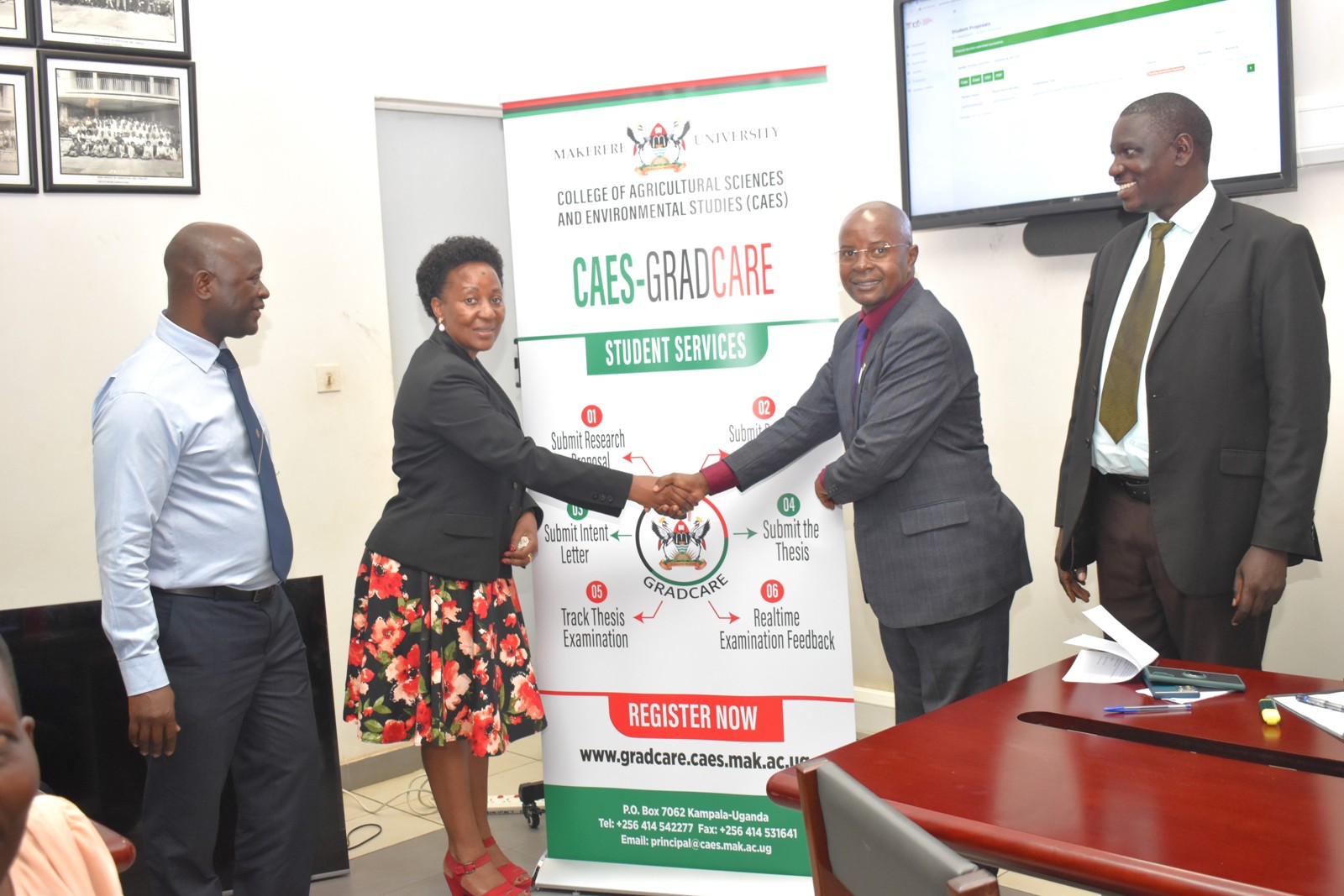
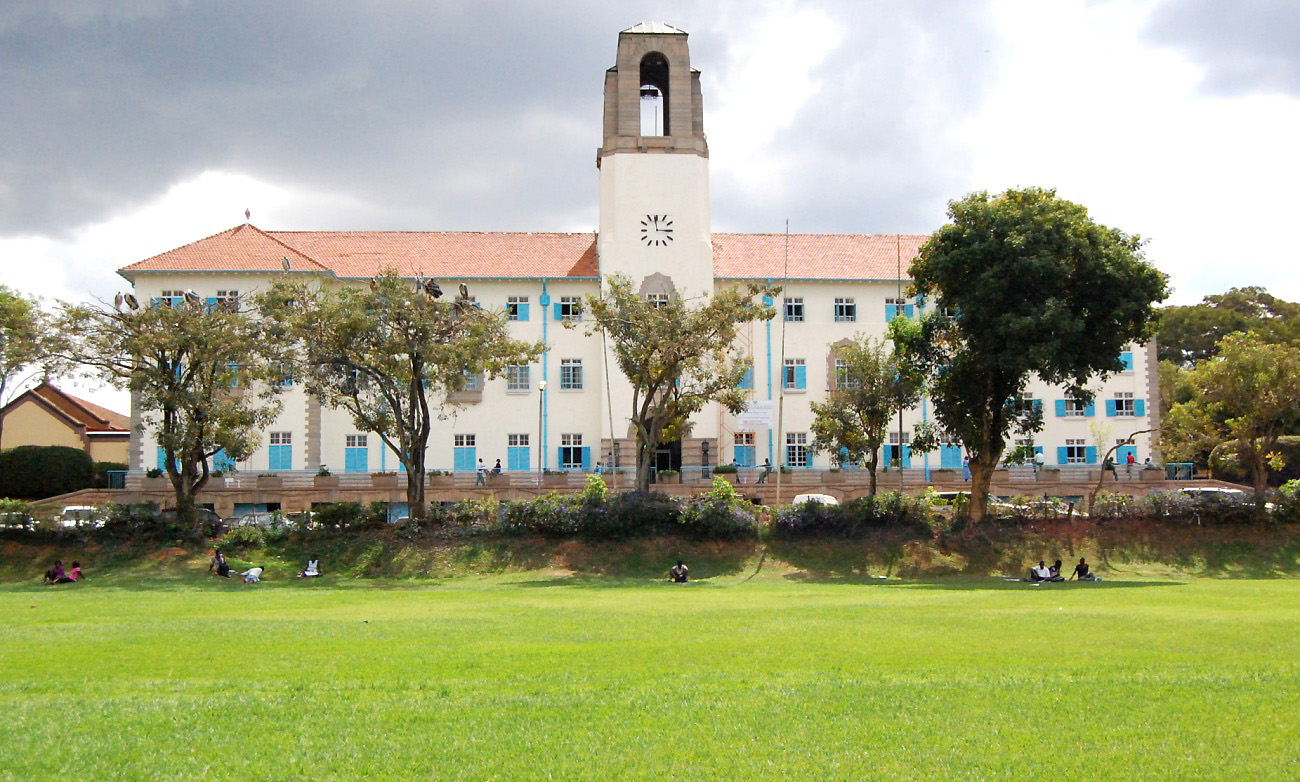
 General1 day ago
General1 day ago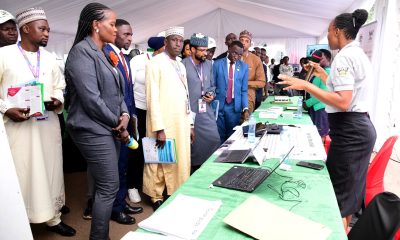
 Computing & IS2 weeks ago
Computing & IS2 weeks ago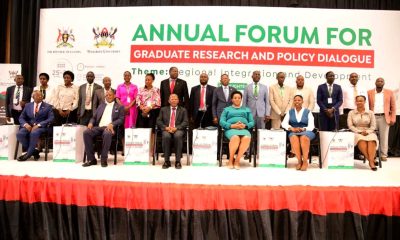
 Research5 days ago
Research5 days ago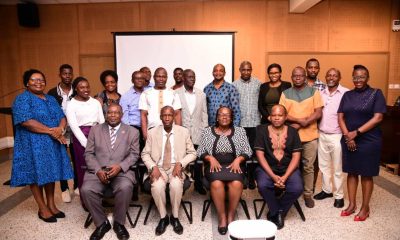
 Education2 weeks ago
Education2 weeks ago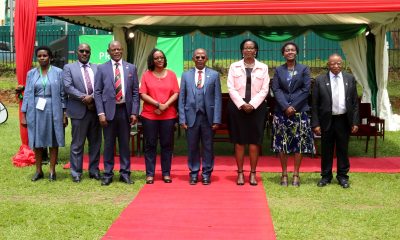
 General1 week ago
General1 week ago